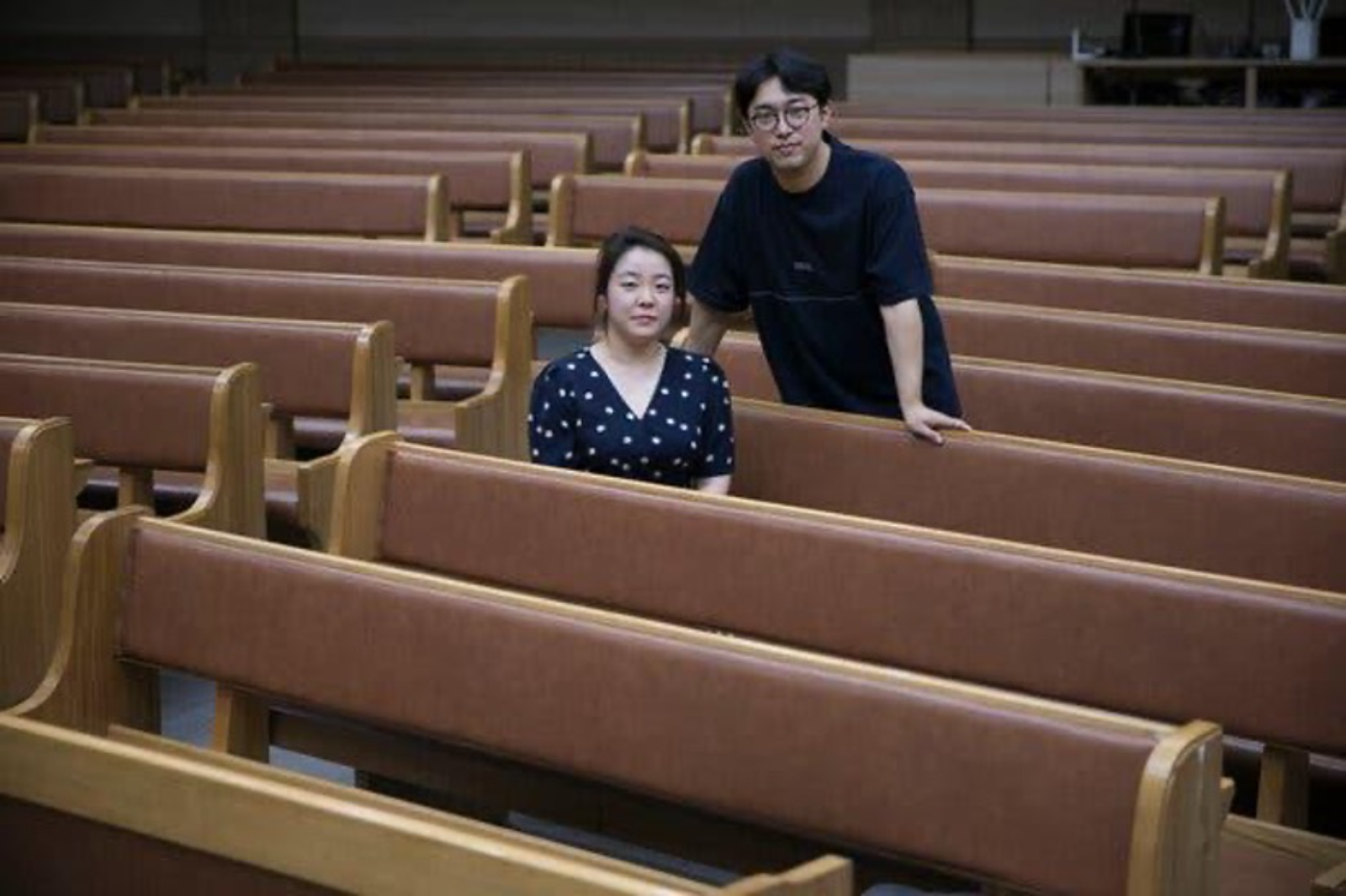In his article “In South Korea, COVID-19 Comes With Another Risk: Online Bullies,” New York Times journalist Choe Sang-Hun investigates the social consequences of South Korea’s aggressive contact-tracing policies by recounting the story of Kim Ji-seon and Kim Dong-hyun, two individuals falsely linked by public data released after a COVID-19 diagnosis. When Kim Ji-seon tested positive, her demographic and behavioral data—age, gender, places visited, and religious affiliation—were disclosed to the public, leading to extensive online harassment. False rumors proliferated, including accusations of infidelity and cult involvement. The stigma extended to others named in connection with her, such as Kim Dong-hyun, who was erroneously presumed to be her partner. His workplace was shut down as a result of the rumor, compounding both reputational and economic damage.
This case exemplifies how pandemic-era surveillance, while technologically advanced, enabled the visualization of personal behavior in ways that fostered narrative distortions and moral judgment. The article’s inclusion of photo portraits by Woohae Cho provides a critical visual component, contextualizing the victims as real individuals rather than abstract data points. These images function not simply as illustrations but as narrative correctives, countering the dehumanization of digital harassment. By exposing how data transparency, amplified by visual digital culture, enabled public shaming, Choe’s reporting contributes to visual storytelling practices that foreground human vulnerability, surveillance, and the ethics of pandemic governance.
 and
and 
Image Captions:
Image 1. Kim Ji-seon, on the left, and her husband Kim Chang-yeon at their church in Busan. Cho Woohae Cho, “In South Korea, Covid-19 Comes With Another Risk: Online Bullies,” The New York Times, 19 September 2020.Image 2. Kim Dong-hyun, who was falsely accused of being in a relationship with Kim Ji-seon. From Cho Woohae, “In South Korea, Covid-19 Comes With Another Risk: Online Bullies,” The New York Times, 19 September 2020.
Citation: Choe, Sang-Hun. “In South Korea, COVID-19 Comes With Another Risk: Online Bullies.” The New York Times, 19 September 2020, bit.ly/3PknbVj. NON-FICTION, JOURNALISTIC, MAY 2020 – SEPTEMBER 2020 | SOUTH KOREA. kh/jb/ig
Source Type: Online Blog Posts
Country: South Korea
Date: 19-Sep-2020
Keywords: Contact Tracing, Online Harassment, Privacy, South Korea, Use of Technology During COVID-19, Visual Ethics, Digital Shaming, and Pandemic Surveillance Culture